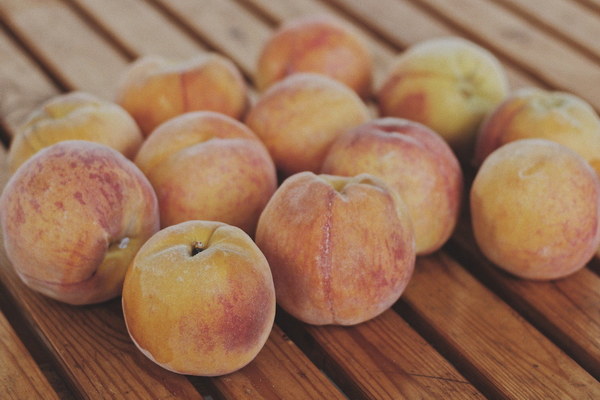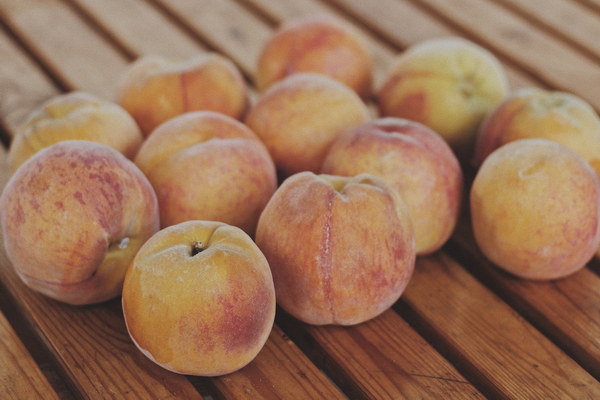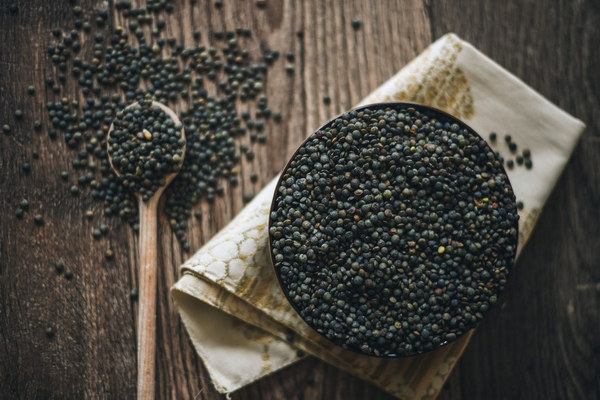The Art of Nourishing the Spleen and Stomach A Traditional Chinese Medicine Perspective
In Traditional Chinese Medicine (TCM), the concept of nourishing the spleen and stomach is of paramount importance. This holistic approach to health emphasizes the significance of balancing the body's internal systems for optimal well-being. The spleen and stomach, often referred to as the middle burner, are vital organs that play a crucial role in digestion, absorption of nutrients, and the production of blood. Here, we delve into the essence of TCM's approach to nourishing the spleen and stomach, exploring various methods to achieve a harmonious state of health.
The Spleen and Stomach in TCM
In TCM, the spleen and stomach are considered the foundation of health. The spleen is responsible for transforming food into energy, known as Qi, which sustains the body's functions. The stomach, on the other hand, is in charge of receiving and breaking down food, preparing it for the spleen to process. When these organs function harmoniously, the body receives the necessary nutrients to maintain vitality and ward off illness.
However, when the spleen and stomach are imbalanced, various health issues may arise, including fatigue, digestive disorders, and weakened immune function. To counteract these imbalances, TCM offers a range of practices aimed at nourishing the spleen and stomach.
Dietary Recommendations
A balanced diet is the cornerstone of TCM's approach to nourishing the spleen and stomach. Foods that are rich in nutrients, easy to digest, and warm in nature are highly recommended. Here are some dietary guidelines to consider:
1. Eat in moderation: Overeating can strain the spleen and stomach, leading to digestive issues. It's essential to listen to your body's hunger cues and consume food in moderation.
2. Incorporate warming foods: Spices such as ginger, cinnamon, and garlic can help stimulate digestion and warm the body, supporting spleen and stomach health.
3. Emphasize nutrient-dense foods: Foods like lean meats, fish, nuts, seeds, and whole grains provide essential nutrients that support the spleen and stomach functions.
4. Include digestive aids: Herbs like turmeric, fennel, and chamomile can help improve digestion and alleviate symptoms of an imbalanced spleen and stomach.
Lifestyle Changes
In addition to dietary adjustments, adopting a healthy lifestyle can significantly contribute to the nourishment of the spleen and stomach. Here are some lifestyle recommendations:
1. Regular exercise: Moderate physical activity, such as walking, yoga, or tai chi, can help improve circulation and digestion, supporting the spleen and stomach functions.
2. Adequate sleep: A good night's sleep is crucial for overall health, as it allows the body to rest and rejuvenate. Lack of sleep can weaken the spleen and stomach, leading to various health issues.
3. Manage stress: Chronic stress can impair the functioning of the spleen and stomach. Practices such as meditation, deep breathing exercises, and mindfulness can help reduce stress levels.
4. Avoid overconsumption of cold and raw foods: These types of foods can be difficult to digest and may exacerbate spleen and stomach imbalances.

Herbal Remedies
TCM offers a wide range of herbal remedies to support the nourishment of the spleen and stomach. Some popular herbs include:
1. Astragalus (Astragalus membranaceus): Known for its immune-boosting properties, astragalus can help strengthen the spleen and improve overall health.
2. Codonopsis (Codonopsis pilosula): This herb is often used to support the spleen and enhance energy levels.
3. Licorice (Glycyrrhiza uralensis): Licorice has anti-inflammatory properties and can help alleviate symptoms of spleen and stomach imbalances.
4. White atractylodes (Atractylodes macrocephala): This herb is known for its ability to aid digestion and support the spleen.
Conclusion
Nourishing the spleen and stomach is a vital aspect of maintaining health according to Traditional Chinese Medicine. By adopting a balanced diet, managing stress, incorporating herbal remedies, and adopting a healthy lifestyle, individuals can support the optimal functioning of these crucial organs. Embracing the principles of TCM can lead to a more harmonious and vibrant life.









